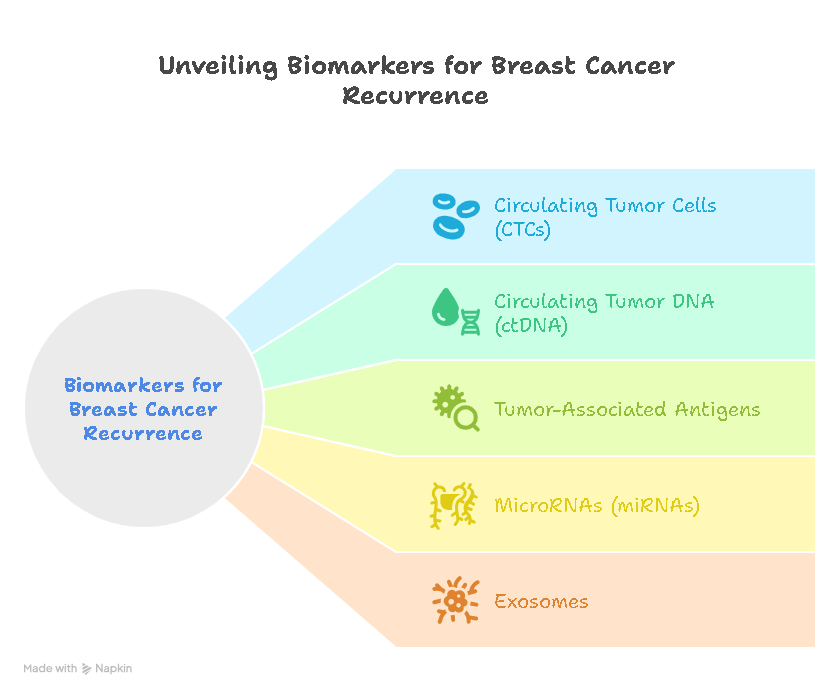Cervical cancer is a serious health concern that, when not detected and treated in its early stages, can progress to advanced levels. Understanding the dying symptoms of cervical cancer is crucial for timely intervention and compassionate end-of-life care. In this article, we will explore these symptoms, shedding light on what individuals and their loved ones should be aware of during the later stages of cervical cancer.

Recognizing Late-Stage / or dying symptoms of Cervical Cancer:
- Persistent Pain: As cervical cancer advances, it may cause persistent pain in the pelvic region, lower back, or legs. This pain can be challenging to manage and may require a combination of medications and supportive care to ensure comfort.
- Severe Fatigue: Individuals in the later stages of cervical cancer often experience profound fatigue. This fatigue is not relieved by rest and can impact daily activities, contributing to a sense of overall weakness and exhaustion.
- Weight Loss: Unexplained and significant weight loss is a common symptom as cervical cancer progresses. The body’s metabolic changes and the impact of the disease on overall health can lead to noticeable weight loss.
- Changes in Bowel or Bladder Function: Advanced cervical cancer may exert pressure on nearby organs, causing changes in bowel or bladder function. This can manifest as constipation, diarrhea, urinary frequency, or difficulty in controlling bowel movements.
- Edema (Swelling): Edema, or swelling, may occur in the legs, ankles, or other parts of the body. This is often a result of the cancer affecting lymph nodes and circulation.
- Vaginal Bleeding: While abnormal vaginal bleeding is a visible sign of cervical cancer in earlier stages, in advanced cases, bleeding may become more pronounced and may occur even outside of menstruation.
- Difficulty Swallowing: Cervical cancer that has spread to surrounding structures can lead to difficulty swallowing, often accompanied by a feeling of fullness or discomfort in the throat.
- Respiratory Distress: In cases where cervical cancer has metastasized to the lungs, individuals may experience respiratory symptoms such as shortness of breath, coughing, or chest pain.
End-of-Life Care Considerations:
When faced with the dying symptoms of cervical cancer, it’s crucial to prioritize comfort and quality of life. Palliative and hospice care services provide specialized support, managing pain, addressing emotional needs, and enhancing overall well-being during this challenging time.
Communication with healthcare providers, as well as open and honest discussions with loved ones, is essential. Understanding the individual’s wishes regarding end-of-life care, including the preferred setting for their final days, can help ensure a dignified and compassionate experience.
Support for Loved Ones:
In addition to caring for the individual with cervical cancer, it’s important to acknowledge the emotional toll on family members and friends. Seeking support from counseling services, support groups, or hospice resources can help loved ones navigate the complexities of grief and loss.
Conclusion:
While the dying symptoms of cervical cancer are undoubtedly challenging, knowledge and preparedness can empower individuals and their families to make informed decisions about end-of-life care. By fostering open communication, accessing appropriate support services, and prioritizing comfort, individuals facing advanced cervical cancer can experience a more compassionate and dignified journey during their final stages.
Holistic Approaches to End-of-Life Care:
Holistic care involves addressing not only the physical symptoms but also the emotional, spiritual, and social aspects of an individual’s well-being. In the context of advanced cervical cancer, holistic approaches can include therapies such as massage, acupuncture, and music therapy, all aimed at providing comfort and improving the overall quality of life.
Emotional Support and Counseling:
As the journey progresses, emotional support becomes increasingly important for both the individual with cervical cancer and their loved ones. Engaging in counseling services, either individually or as a family, can offer a safe space to express feelings, fears, and hopes. Emotional well-being is a vital aspect of end-of-life care, and addressing it can bring a sense of peace during a challenging time.
Legacy and Memory-Making:
Creating meaningful moments and preserving memories can be a powerful part of end-of-life care. This may involve recording messages, creating scrapbooks, or engaging in activities that hold personal significance. These endeavors not only provide comfort to the individual but also offer a lasting legacy for loved ones to cherish.
Advance Care Planning:
Engaging in advance care planning is an important aspect of end-of-life care. This includes discussions about the individual’s wishes regarding medical interventions, resuscitation preferences, and other decisions related to their care. Establishing clear directives helps healthcare providers and family members ensure that the individual’s preferences are respected.
The Role of Hospice Care:
Hospice care is specifically designed to provide comprehensive support for individuals with life-limiting illnesses and their families. It focuses on managing symptoms, promoting comfort, and enhancing the overall quality of life. Hospice teams include healthcare professionals, counselors, and volunteers who work together to create a compassionate and supportive environment.
Navigating Grief and Bereavement:
As the end-of-life journey concludes, the grieving process begins for loved ones. Grief is a highly individual experience, and support services such as grief counseling and support groups can provide valuable assistance in navigating this emotional terrain. Understanding that grief is a natural response and seeking support can aid in the healing process.
The dying symptoms of cervical cancer mark a challenging phase for individuals and their loved ones. However, by embracing holistic care approaches, prioritizing emotional well-being, engaging in advance care planning, and accessing hospice services, it is possible to navigate this journey with dignity and compassion.
As the end-of-life care plan unfolds, the focus shifts from aggressive medical interventions to enhancing the quality of life, providing comfort, and ensuring that the individual’s wishes are honored. By integrating these elements into the care plan, individuals facing advanced cervical cancer can experience a more peaceful transition, surrounded by the support of their loved ones a dedicated healthcare team.
Celebrating Life Amidst Challenges:
In the face of advanced cervical cancer, it becomes crucial to celebrate the life of the individual. While acknowledging the reality of the situation, finding moments of joy, gratitude, and connection can make a significant impact. Encouraging visits from friends, creating opportunities for shared experiences, and fostering an atmosphere of love and support contribute to a positive and affirming environment.
Spiritual Support and Reflection:
For many individuals and families, spirituality plays a vital role in the end-of-life journey. Engaging with spiritual leaders, participating in religious rituals, or simply finding solace in quiet reflection can provide comfort and a sense of peace. Spiritual support can be tailored to individual beliefs and preferences, offering a source of strength during challenging times.
Cultivating Compassionate Conversations:
Open and compassionate communication is at the heart of end-of-life care. Encouraging conversations about the individual’s life, memories, and reflections can be a deeply enriching experience. This not only allows the person to share their unique narrative but also provides an opportunity for loved ones to connect on a profound level.
Memorializing and Honoring Legacies:
After an individual passes away, the process of memorializing their life becomes an integral part of the grieving process. Creating a memorial service, establishing a memorial fund, or engaging in activities that honor the person’s passions and contributions are ways to keep their memory alive. This process is deeply personal and can be tailored to reflect the individual’s unique personality and impact.
Continued Support for Loved Ones:
Support services for grieving loved ones extend beyond the immediate aftermath of a passing. Ongoing counseling, support groups, and resources can aid in navigating the complexities of grief over time. Recognizing that the grieving process is unique for each person allows for compassionate and sustained support.
Advocacy and Raising Awareness:
In the aftermath of losing a loved one to advanced cervical cancer, some individuals find purpose in advocacy and raising awareness. By sharing their stories, participating in awareness campaigns, and contributing to initiatives that promote early detection and comprehensive care, they actively work towards preventing further loss and supporting others who may face similar challenges.
Conclusion:
While the dying symptoms of cervical cancer bring profound challenges, the end-of-life journey can also be a time of connection, reflection, and celebration. By embracing holistic care, fostering meaningful conversations, and providing ongoing support for both individuals and their loved ones, we can navigate this journey with compassion and dignity.
In facing the complexities of end-of-life care, it is essential to recognize the resilience and strength that individuals and families demonstrate. By focusing on the celebration of life, the preservation of legacies, and the ongoing support for those left behind, we honor the journey of those affected by advanced cervical cancer and contribute to a collective understanding of compassionate end-of-life care.











Leave a Reply